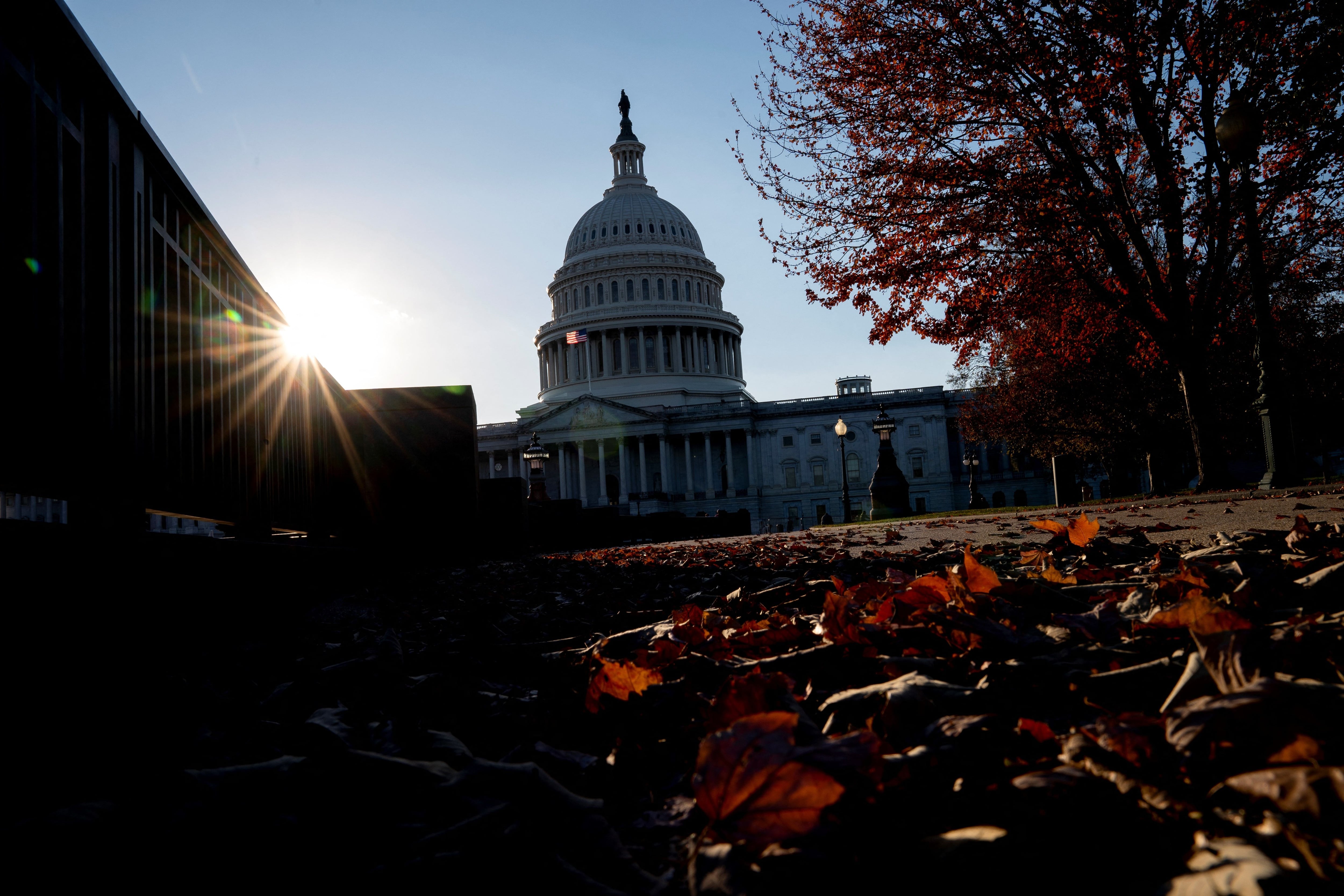Service members and their families have been put through the wringer this year. There is growing uncertainty, stress, and frustration from escalating global conflicts with no resolution and Alabama Republican Sen. Tommy Tuberville’s promotion blocks. Military families are desperate for a reprieve.
Yet, with the threat of a potential government shutdown looming, it seems as if troops and their loved ones may receive no such relief.
Like many other military families, my active duty spouse and I are anxiously waiting to see if we will be pawns in the political dragnet once again.
When Congress failed to avert the longest government shutdown in history five years ago, many service members and their families absorbed the brunt of the impact. Members of the Coast Guard were advised to have garage sales to supplement their rapidly dwindling emergency funds as they worked without pay over the holiday season while lawmakers battled over the budget.
Unless Congress passes a separate bill permitting military pay to continue, mission essential personnel like service members are not paid during a government shutdown and must report to work.
While back pay is authorized, missing one or more paychecks is highly disruptive for military families struggling to maintain an already tight budget.
The government does not track military spouse unemployment rates, but surveys regularly show the spouse unemployment rate is around 20%, and many military families have difficulty making ends meet without dual incomes.
This financial strain is demonstrated by responses to the latest Military Family Lifestyle Survey conducted by Blue Star Families, a nonprofit organization that advocates for the military community. Among active duty families, 16% reported experiencing food insecurity in the previous 12 months.
How can those in office expect service members to carry out sensitive, complex missions while they and their families worry about where the next meal will come from and when?
As the possibility of a shutdown creeps closer, Congress must fully fund critical nutrition programs that military families rely on, like the Supplemental Nutrition Assistance Program, or SNAP, and the Special Supplemental Nutrition Program for Women, Infants, and Children, or WIC.
Postponed paychecks are not the only pain point that service members and their families will feel if Congress does not meet the funding deadline in less than two weeks.
The availability of vital programs such as childcare, commissary access, medical care, and Morale, Welfare, and Recreation activities will depend on individual funding streams and vary from base to base.
Most disruptive, military moves, known as permanent change of station, or PCS, and temporary travel, or TDY, for training, education, or duty, could be delayed or canceled as they were during the 2018-2019 shutdown.
RELATED

Sen. Tuberville’s months-long blockade is holding up more than 400 promotions of senior officers, meaning those service members and their families have already been in limbo for an excessive amount of time.
While some progress has been made in recent days to confirm senior leaders, hundreds of other officers and their families still have no guarantee when the senator’s stalemate will end, resulting in confusion and further delays for these service members and their families.
As any service member or military family can attest, delaying or canceling a PCS causes a detrimental domino effect, interfering with a spouse’s ability to leave an old job or find or begin a new job, and a child’s ability to enroll in or begin school. This also leads to a backlog of military families unable to vacate or sell an old property and move into or buy a home at their new duty station.
To rectify these and other challenges, the secretaries of the Army, Navy, and Air Force, have repeatedly implored Tuberville to end the blockade and fill important leadership positions across all services.
A government shutdown would only exacerbate issues associated with the Tuberville blockade, especially at a time when service members and their families need clear guidance from leadership the most, like during a shutdown.
Perhaps most disheartening for service members and military families like mine as we approach the probability of a government shutdown is our anticipation of the performative displays of solidarity and hero worship that members of Congress will undoubtedly plaster across social media for Veterans Day.
Many members of Congress will celebrate the sanctity of our sacrifices while simultaneously continuing to put us and our families in jeopardy. Congress must safeguard military pay in the event of a shutdown, including for members of the Coast Guard, by passing an updated version of the Pay Our Troops Act.
Service members and military families are resilient. We experience hardship, the specifics fewer than 1% of the public will ever truly comprehend — if only more members of Congress honored us with deeds, not words.
Melissa A. Sullivan is a military spouse living in Washington, DC, and a former spokesperson for a federal agency.
Have an opinion?
This article is an Op-Ed and as such, the opinions expressed are those of the author.
If you would like to submit a letter to the editor, or submit an editorial of your own, please email opinions@militarytimes.com for Military Times or our services sites. Please email opinion@defensenews.com to reach Defense News, C4ISRNet or Federal Times. Want more perspectives like this sent straight to you? Subscribe to get our Commentary & Opinion newsletter once a week.




